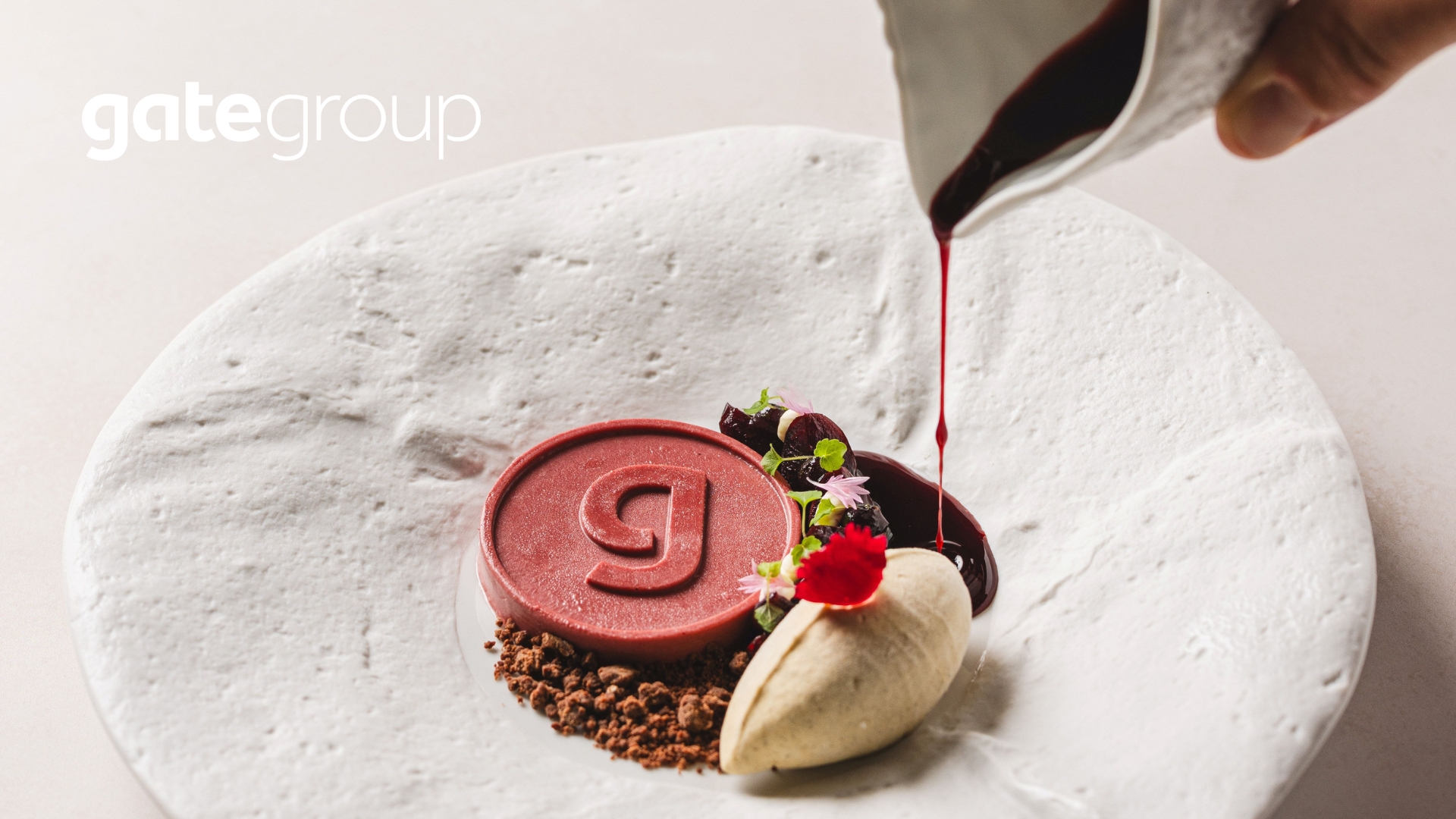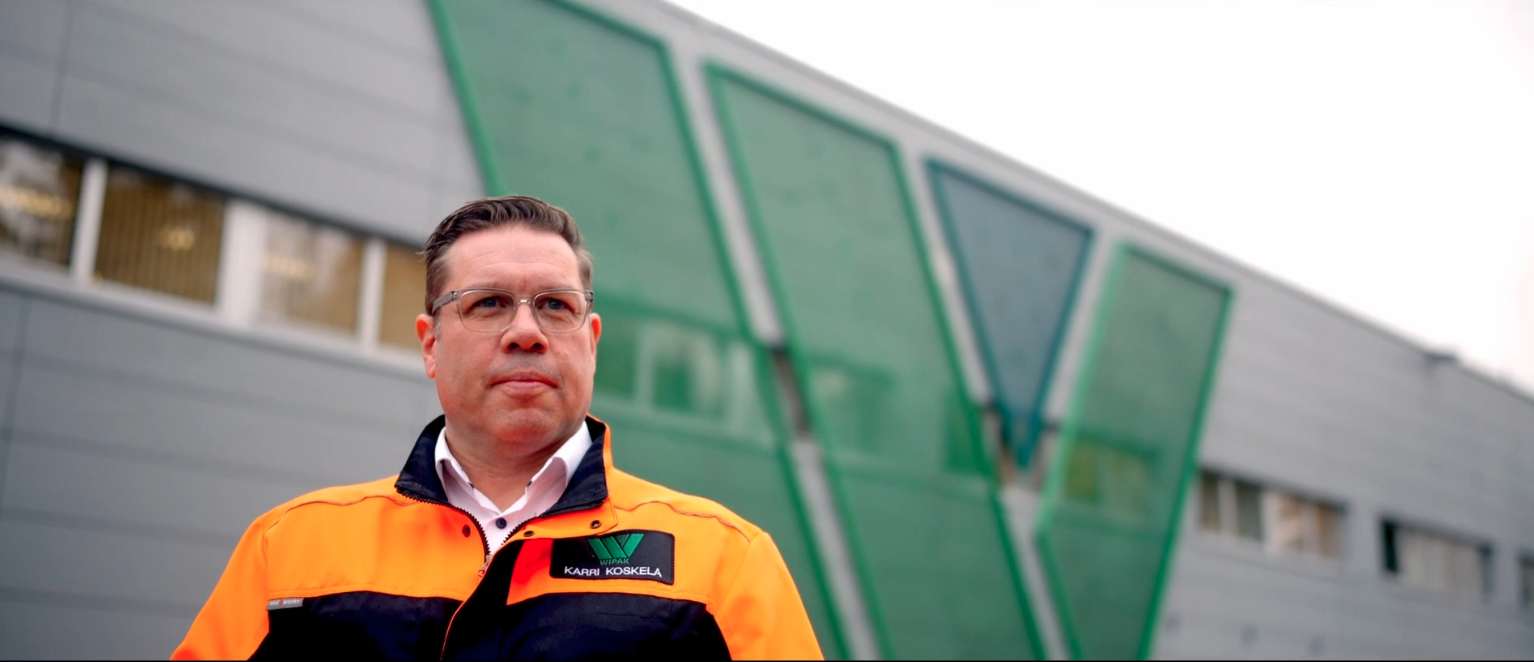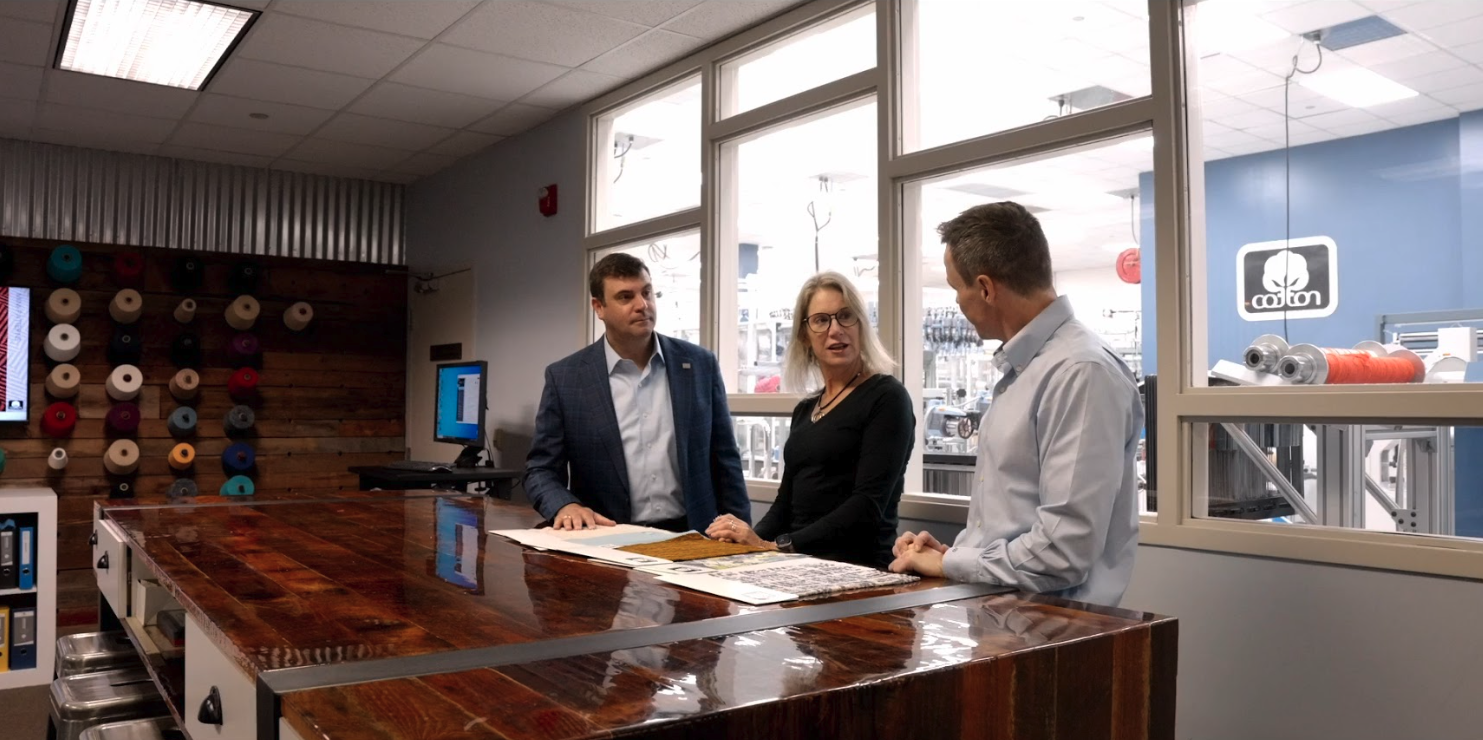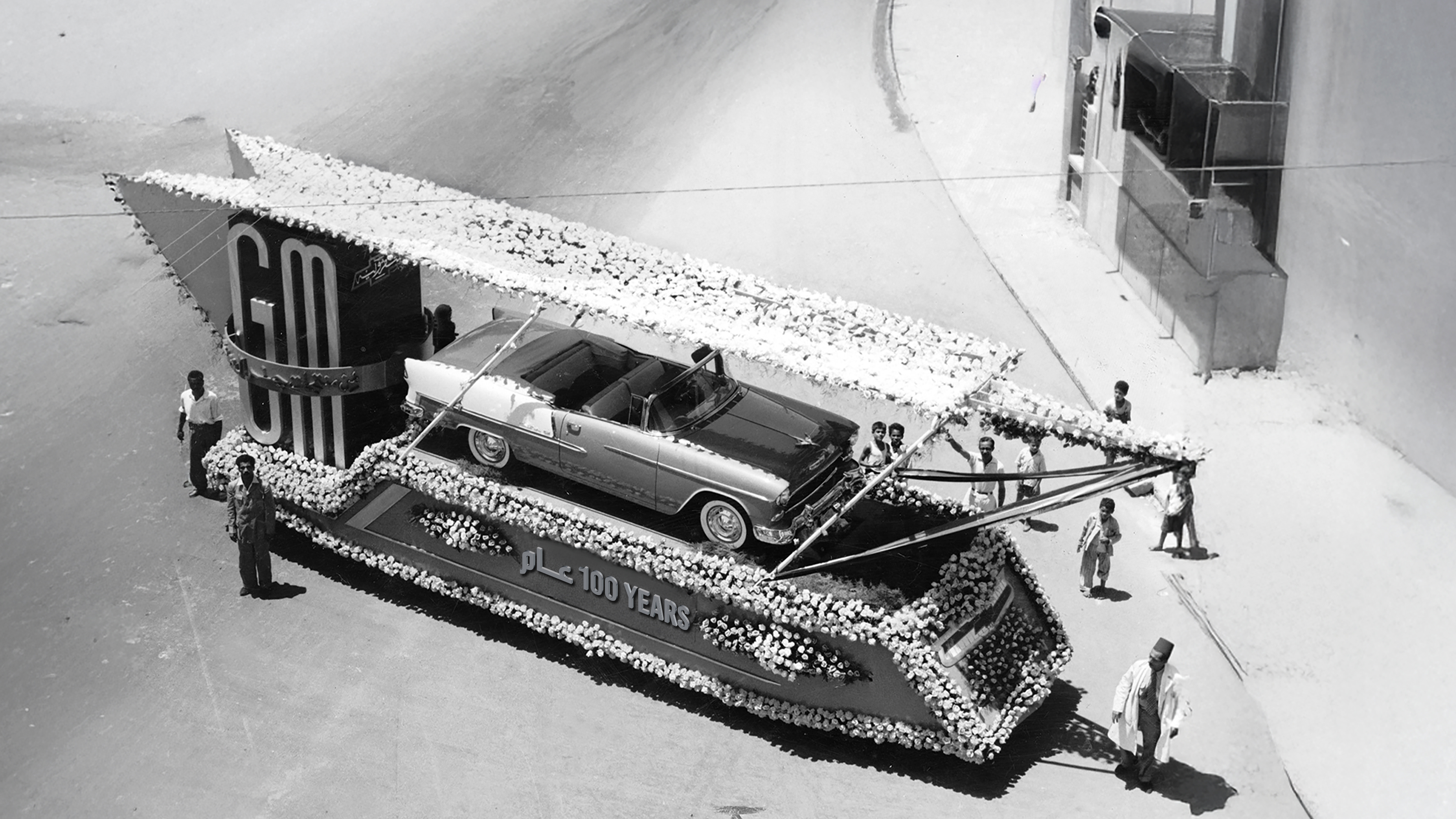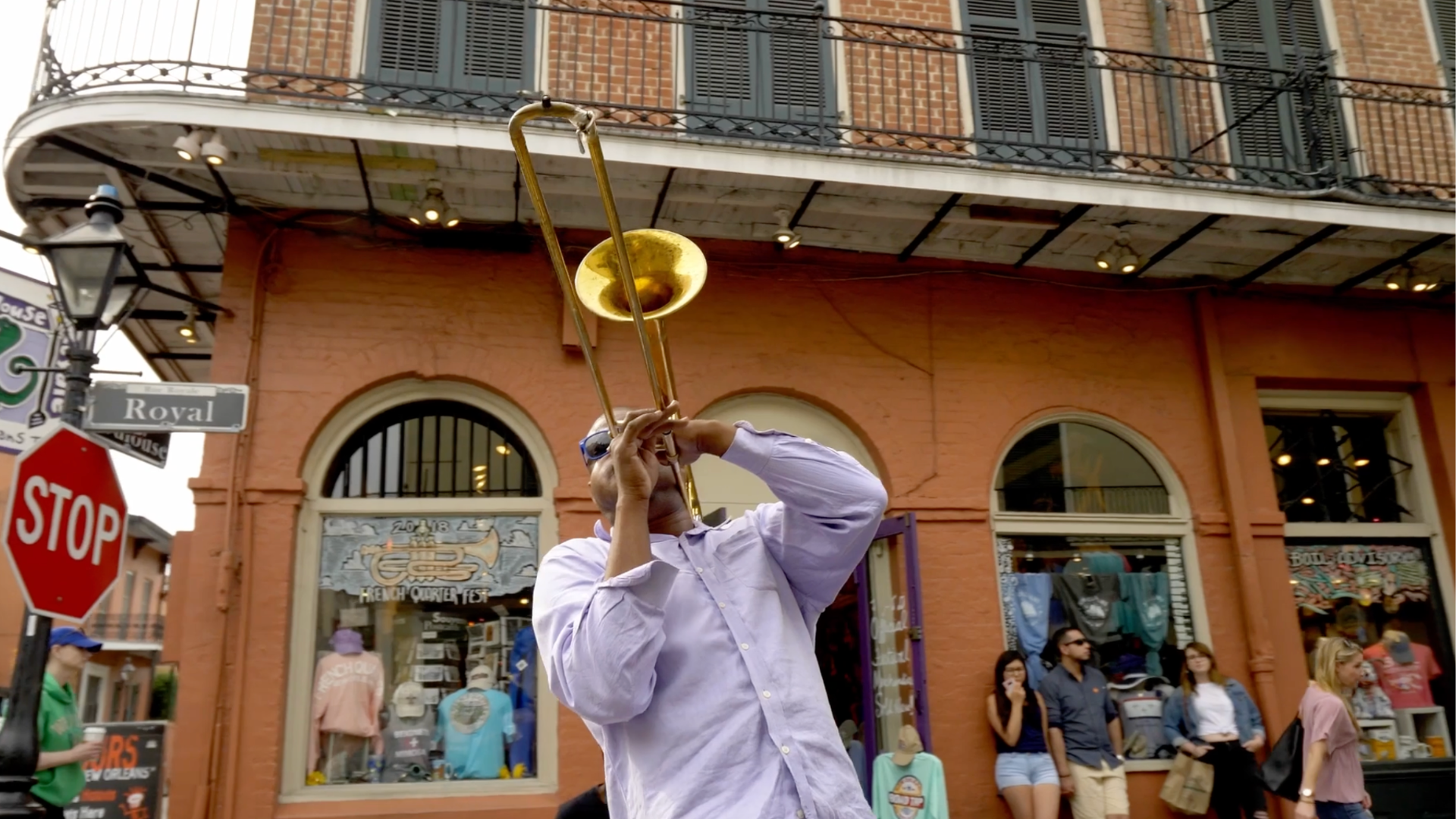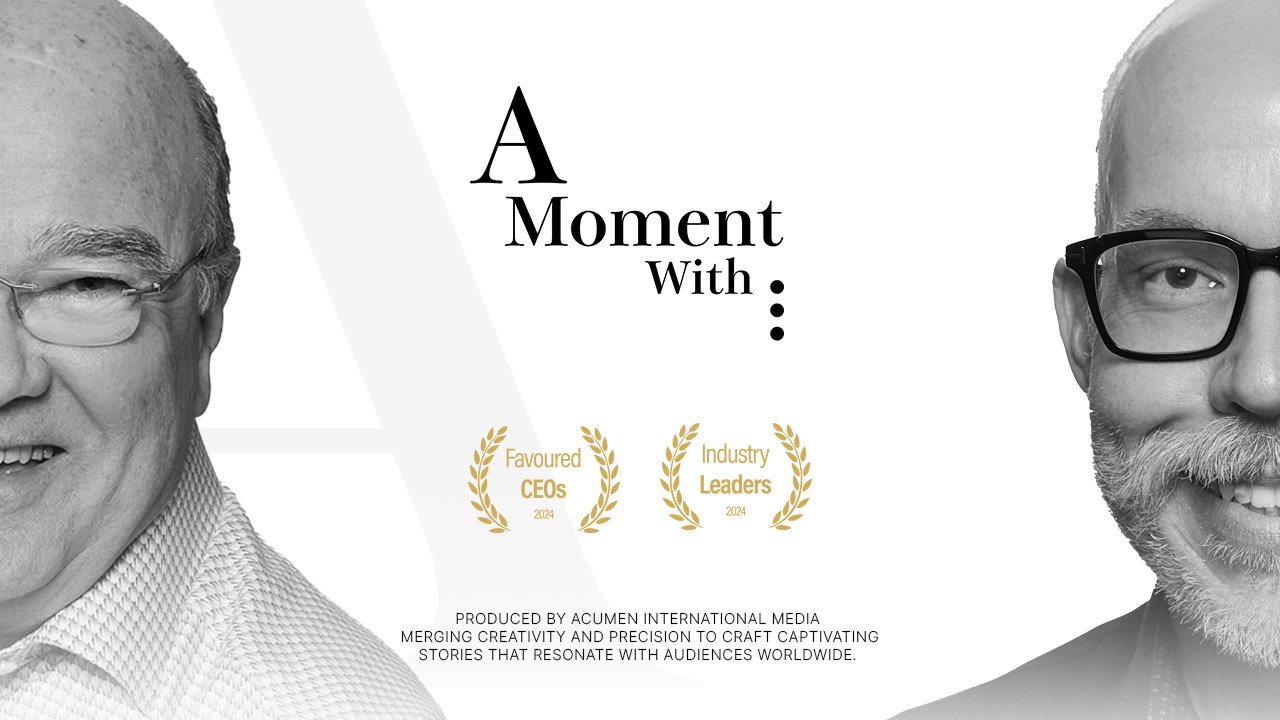A Moment With: Phillip Jones

Phillip Jones, the Chief Tourism Officer of the Royal Commission for AlUla, explains how the city presents travellers with a unique fusion of ancient wonders and modern luxuries, seamlessly blending the old with the new.
When Phillip Jones, Chief Tourism Officer of the Royal Commission for AlUla, first heard of the city, he mistakenly thought it was a destination in Hawaii. However, upon visiting, he was captivated by the beauty and vision of the city, with the opportunity to develop its infrastructure, arts, and culture being irresistible.
AlUla, located in the North Medina Province of Saudi Arabia, is a remote area, offering a unique combination of over 7,000 years of history and civilisation, with each era leaving its mark. The Royal Commission for AlUla is dedicated to preserving the city’s historical and cultural heritage while developing modern infrastructure to attract visitors. Efforts include refurbishing over 800 buildings in the Old Town, transforming them into shops, boutiques, and restaurants, while the local market, or Souq, offers a variety of locally made products, arts, and crafts, appealing to both locals and visitors.

The evolution of AlUla and its community
AlUla aims to attract affluent travellers interested in adventure, arts, culture, history, and heritage. The destination focuses on bespoke tourism, avoiding the masses, to preserve its charm and unique visitor experience for generations to come. New hotels represent ecotourism and sustainability, as AlUla maintains a dark skies policy to ensure that developments blend into the natural environment.
As the efforts in AlUla began to show success, Jones’ leadership style evolved. One of his primary roles involved imparting knowledge to the young talents in AlUla, who will ultimately carry forward the vision for the city. AlUla’s residents, known for their gracious hospitality, play a crucial role in its development. Many young local men and women are now a part of the tourism industry, engaging with visitors and sharing their culture, with this involvement not only providing career opportunities but ensuring that the development of AlUla remains authentic and community-driven.
Rapidly evolving with new infrastructure, hotels, museums, and art programmes, AlUla’s transformation is a testament to blending modern infrastructure with ancient history, ensuring that visitors experience a seamless journey through time. One of the most significant ancient sites in the region is Hegra. As the country’s first UNESCO World Heritage Site, The Hegra holds immense historical and cultural value, comprised of 111 well-preserved tombs, serving as a major city for the Nabataean Kingdom, the same civilisation that built the famous Petra in Jordan.
In addition to Hegra, AlUla is also home to ancient Dadan, the capital of the Dadan and Lihyan Kingdoms. It is considered to be one of the most developed 1st millennium BCE cities of the Arabian Peninsula, and Jabal Ikmah, an open-air library of hundreds of inscriptions and writings in many different languages, has been recently listed on UNESCO’s memory of the World Register.
The keys to success in driving modern business
According to Jones, a successful business hinges on adaptability and responsiveness to change. The tourism industry has embraced new technologies and the use of AI, revolutionising how hotels are built, services are delivered, and consumers are engaged. However, today’s travellers are more conscious of their environmental impact, leading to an emphasis on sustainable tourism to preserve destinations.
For those considering visiting AlUla, the city promises an unforgettable journey through time, surrounded by ancient wonders and modern luxuries. AlUla is not just a destination; it is an experience that bridges the ancient and the modern, offering a glimpse into the rich tapestry of history and culture that defines the region.





